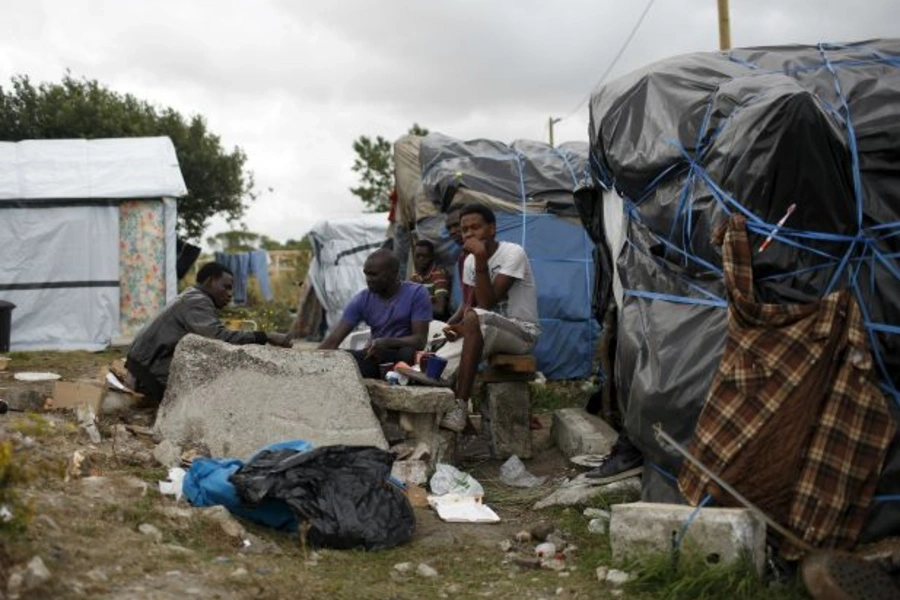This Week in Markets and Democracy: Calais Crisis, TPP Stalls, and Post-2015 Agreement Reached

More on:
This is a post in a new series on the Development Channel,“This Week in Markets and Democracy.” Each week, CFR’s Civil Society, Markets, and Democracy Program will highlight noteworthy events and articles.
Calais Crisis: Europe’s Migration Woes
The escalating Calais crisis underscores Europe’s serious migration challenges. Thousands of African and Middle Eastern migrants are camping in makeshift shelters on the French side of the Channel Tunnel and risking their lives in desperate attempts to cross into Britain. In response to Calais and similar scenes playing out across Europe, growing anti-immigration rhetoric blames migrants for taking native-born citizens’ jobs and draining government funds. Yet a study by Oxford’s Migration Observatory finds migrants may actually raise average wages for the UK’s medium and high-paid workers. (Those most adversely affected by UK immigration are likely migrants themselves, who tend to be low-wage workers facing increased labor supply). And as the EU ages and birth rates decline, migration will be vital to maintaining GDP growth and standards of living. Europe is expected to lose nine million workers by 2060. In Germany, the IMF warns that starting in 2020, growth will take a hit due to an aging population. From Calais to the Greek islands, governments are struggling to deal with short-term migration costs without losing sight of longer-term economic needs–the balance will require more cohesive EU migration policies.
Time for TPP Deal Running Out
Domestic interests prevented the twelve Trans-Pacific Partnership (TPP) members from reaching a final deal last week in Maui, and upcoming elections in two TPP countries threaten further derailment. Who’s to blame? Australia’s farmers want more access to the heavily-subsidized U.S. sugar industry. Mexico, a major auto exporter, made new demands on rules-of-origin for car parts. And the United States is fighting for long-term pharmaceutical patents opposed by all other members, especially developing countries. While U.S. Trade Representative Michael Froman is “more confident than ever that the TPP is within reach,” Canada’s eleventh-hour holdout on dairy concessions, coming as the nation heads toward October elections, undermines that bravado. With other TPP members seeing the dairy issue as non-negotiable, Canada could potentially opt-out or be kept out of the agreement. And even if Canada comes around, TPP pessimists–who note that the stalled Doha Round of trade talks broke down over similar agriculture and intellectual property disagreements–worry that looming U.S. elections will push a deal beyond 2016.
Post-2015 Agenda – Moving from Rhetoric to Reality
One hundred and ninety-three countries reached final agreement on the Sustainable Development Goals (SDGs) this week, sealing the post-2015 development agenda the UN will adopt in September. Many civil society organizations and governments praised UN member states for reaching consensus on seventeen goals that aim to eradicate poverty “in all forms everywhere,” among other ambitious targets. Advocacy groups celebrated the addition of next generation development issues with increasing global relevance, from ending modern slavery and human trafficking to acknowledging the significance of global migration. Still other rights groups are concerned that the SDGs’ monitoring and review process is vague and insufficient, and lacks a meaningful role for civil society. Getting from rhetoric to reality involves both financing and governance challenges. Only together can the private sector, aid donors and domestic governments raise the estimated $3.3-$4.5 trillion a year needed to fund the post-2015 agenda and guide projects necessary to meet SDG goals–these untested arrangements are already showing cracks.
More on:
 Online Store
Online Store